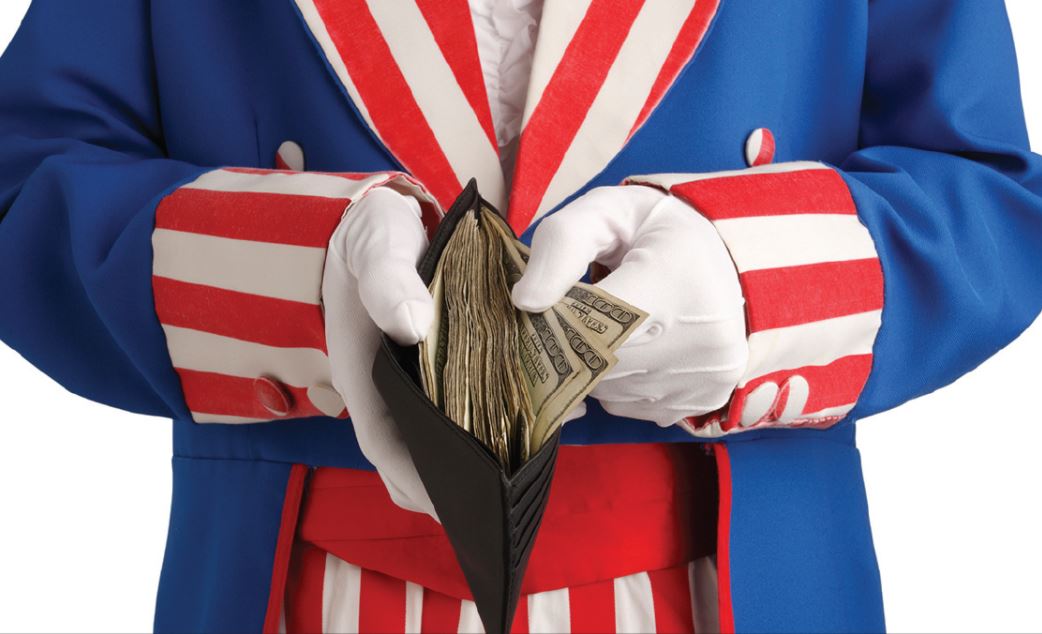
Zhang Monan, Deputy Director of Institute of American and European Studies, CCIEE
Jan 15, 2018
With China’s economic development and transformation, as well as the stronger domestic consumption and innovation, US enterprises are still willing to increase direct investment in China.
Jan 15, 2018
For over 30 years, China has sustained unparalleled economic growth rates, averaging 10 percent each year. However, top economists and even Chinese officials forsee a trade deficit on the horizon for China.
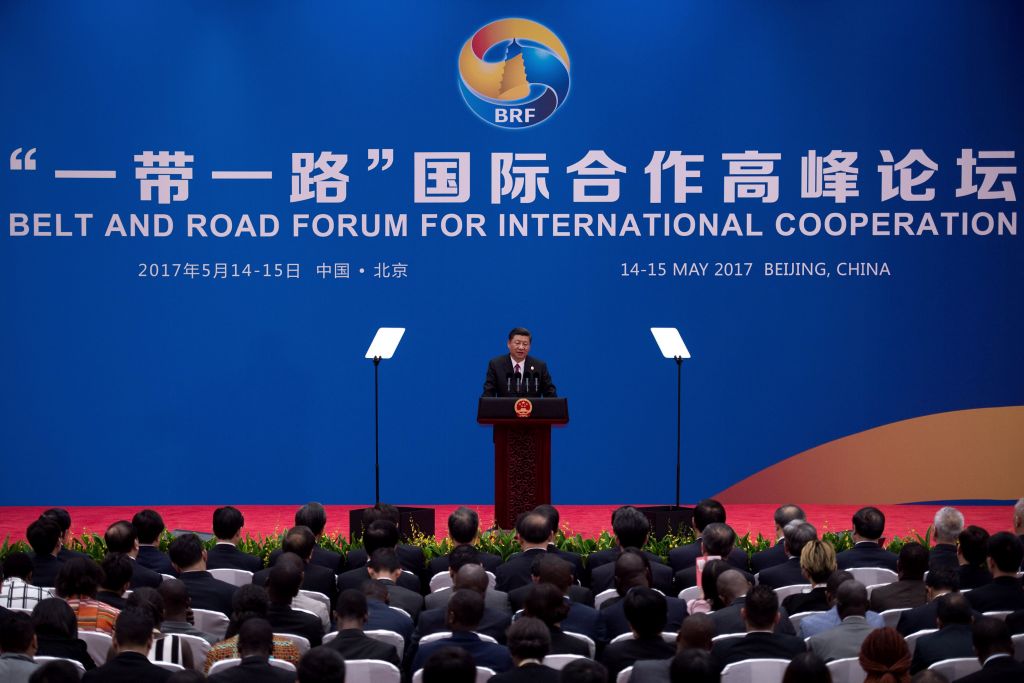
Patrick Mendis, Visiting Professor of Global Affairs, National Chengchi University
Joey Wang, Defense Analyst
Jan 12, 2018
While many countries along the Belt and Road are in desperate need of large-scale infrastructure investment, they must wake up to the fact that what appears to be Chinese largesse must be subjected to much greater scrutiny.
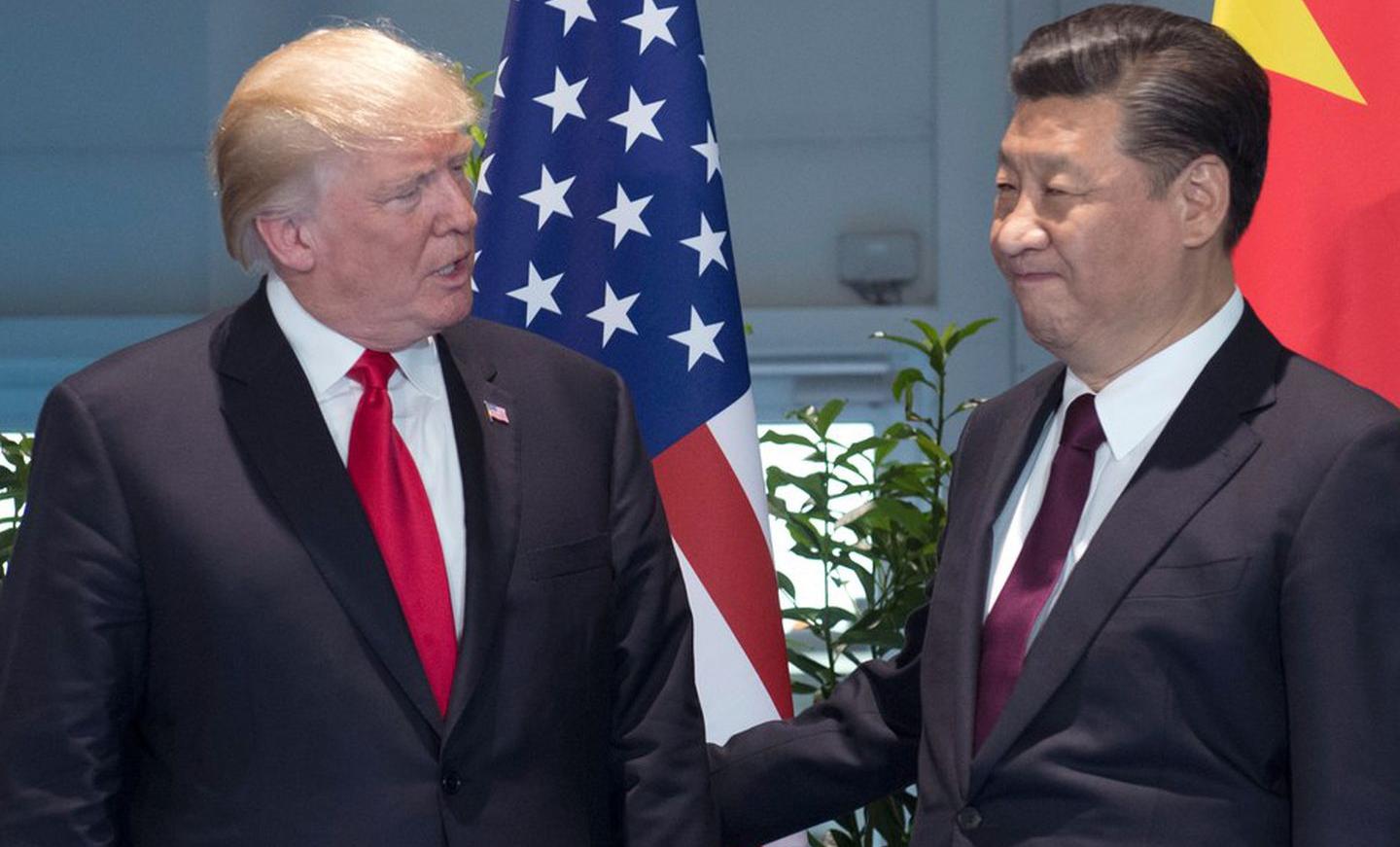
Barbara Hackman Franklin, 29th U.S. Secretary of Commerce, President and CEO of Barbara Franklin Enterprises
Jan 11, 2018
Trade and foreign direct investment mushroomed in the ensuing years until today, when economic ties form the very foundation of the Sino-U.S. relationship. It began with President Bush’s vision and leadership 25 years ago.
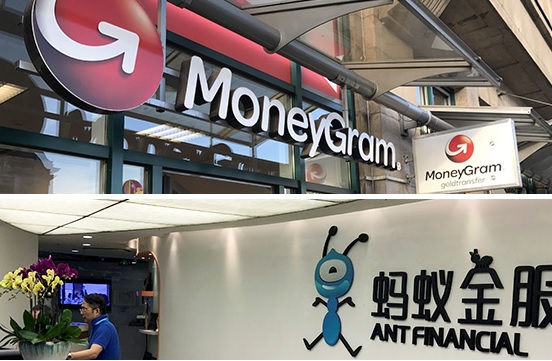
Ben Reynolds, Writer and Foreign Policy Analyst in New York
Jan 10, 2018
To what extent are CFIUS decisions influenced by the Trump administration’s policy preferences? And how will a more aggressive CFIUS impact U.S.-China trade and Chinese investment in the United States over the medium-to-long term?
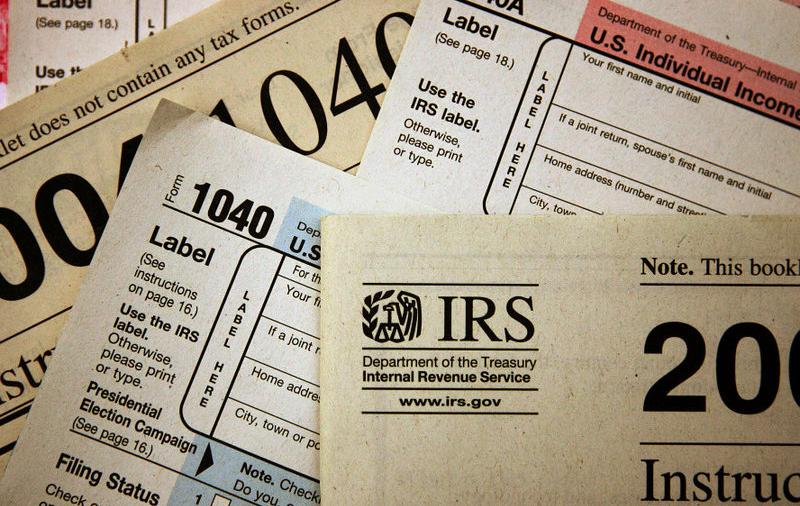
Hua Xin, PhD, CASS Graduate School
Jan 05, 2018
How will the Republican tax bill affect America? It’s complicated.
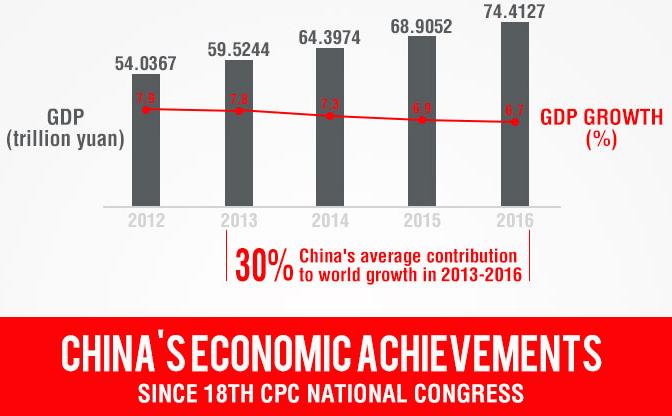
Zhong Wei, Professor, Beijing Normal University
Jan 04, 2018
In case you were wondering what happened at the Communist Party of China (CPC) Central Economic Work Conference.
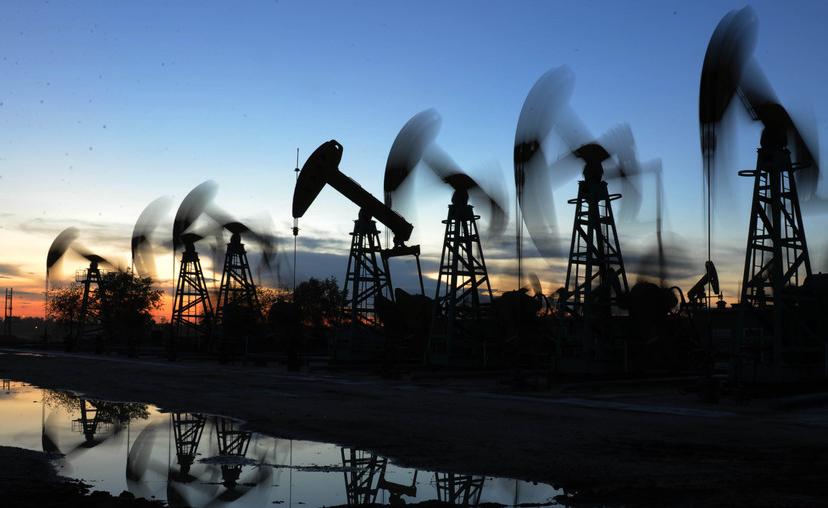
Yu Yongding, Former President, China Society of World Economics
Jan 03, 2018
For the last decade or so, China’s economy has been on something of a roller coaster ride. As 2018 begins, is the country approaching a new ascent, a steep drop, or something in between?
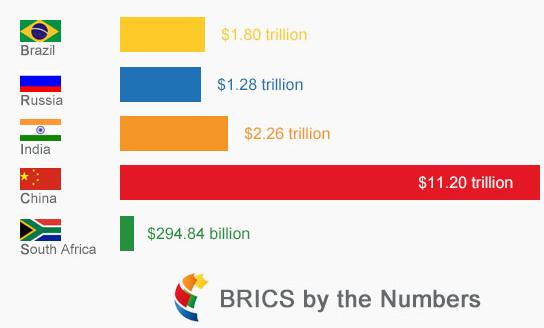
Ding Yifan, China Forum Expert and Deputy Director of China Development Research Center
Jan 03, 2018
The BRICS are already driving the world economy. The willingness of representatives of these emerging economies will make a greater contribution to the sustainable and inclusive development of the global economy and to the improvement of global governance.
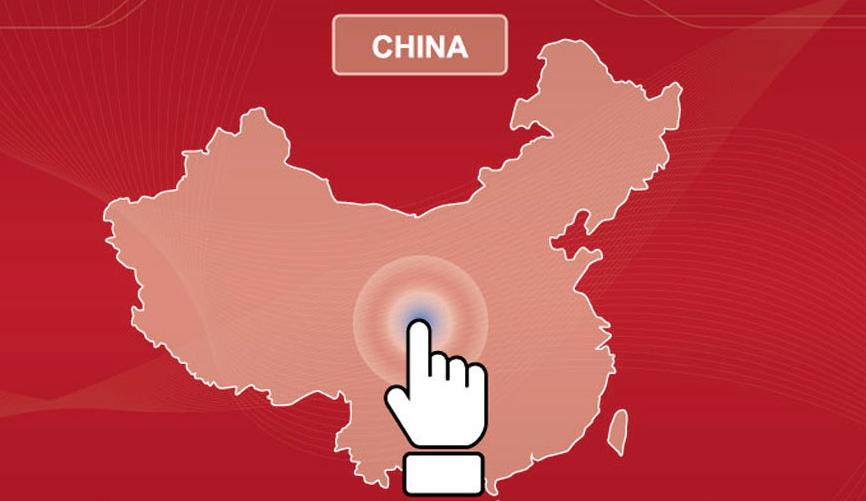
Andrew Sheng, Distinguished Fellow at the Asia Global Institute at the University of Hong Kong
Xiao Geng, Director of Institute of Policy and Practice at Shenzhen Finance Institute, Chinese University of Hong Kong
Dec 27, 2017
China’s digital economy is a force to be reckoned with. The country now accounts for 42% of global e-commerce, boasts one-third of the world’s most successful tech startups, and conducts 11 times more mobile payments than the United States per year. But there are major challenges ahead.
Back to Top

- China-US Focus builds trust and understanding between the U.S. and China through open dialogue among thought leaders.
- Our Offerings
- Topics
- Videos
- Podcasts
- Columnists
- Research Reports
- Focus Digest
- Stay Connected
-
Thanks for signing up!
- Get the latest stories from China-US Focus weekly.